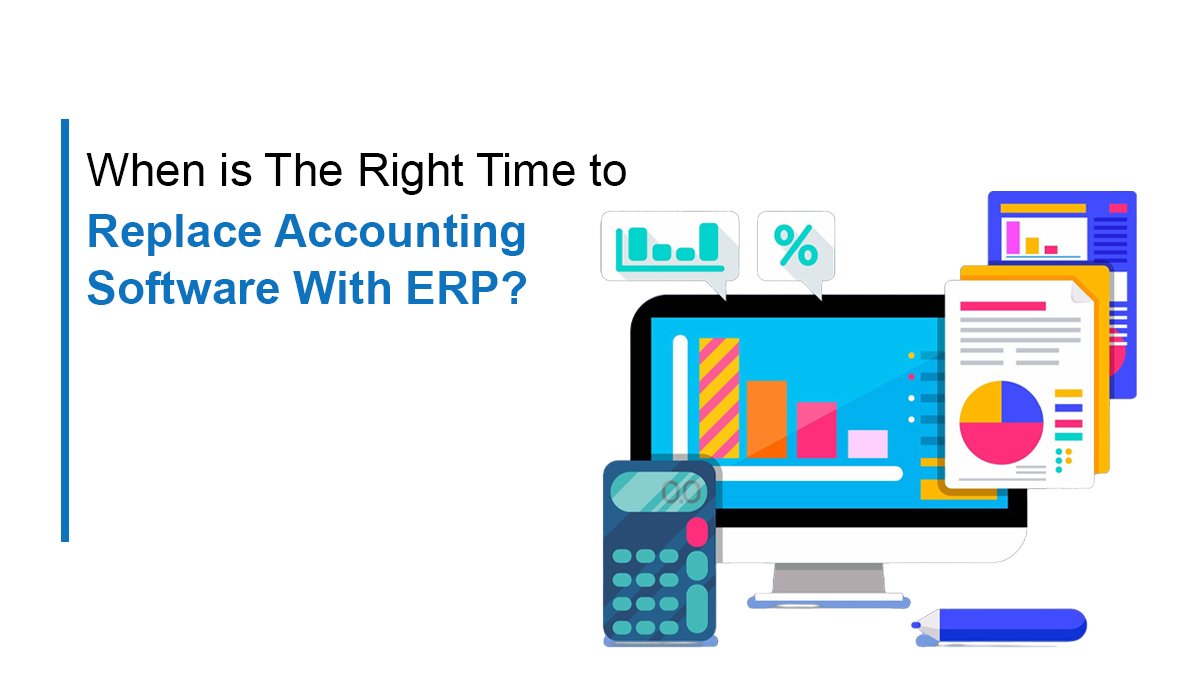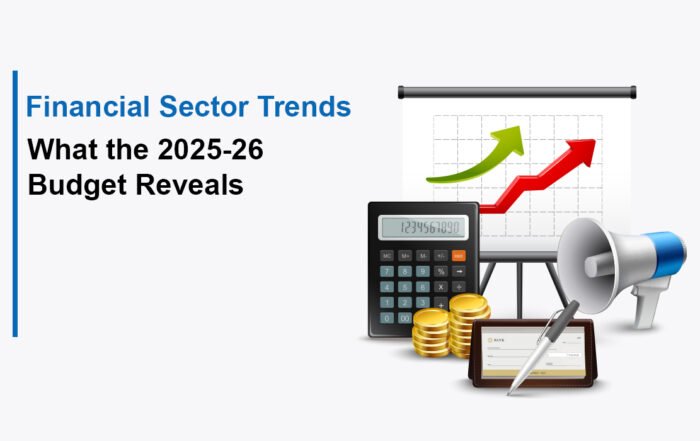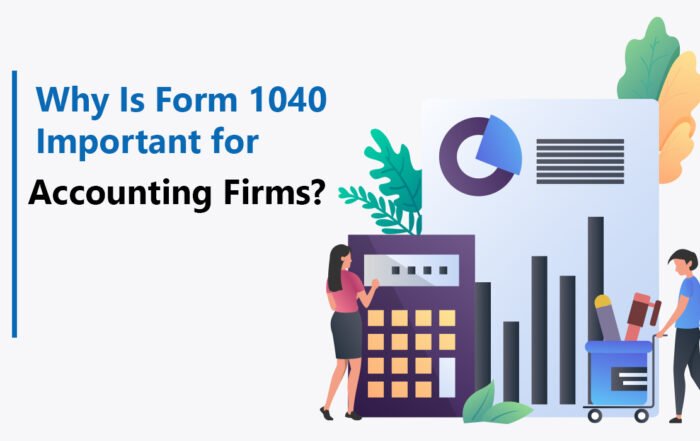In today’s business world, financial efficiency and seamless data management are crucial for growth. As businesses scale, they often face the question of whether it’s time to upgrade from traditional accounting software to a more robust ERP system. ERP (Enterprise Resource Planning) systems offer a comprehensive approach to managing a company’s resources, but how do you know when the right time to make the switch?
Here analysts want to know what signal should be looked for so that it will be obvious that ERP systems are required, the difference between ERP and conventional accounting software, and hints on the right choice.
Difference between Accounting Software and ERP Systems
Accounting Software is the processing and recording of accounts, other accounting information payroll, and many other financial transactions. Some of its basic functions are well kept and it can blend the other functions of business such as inventory, CRM, and human resources, although not very often.
Unlike the ERP service that encompasses pre-integrated applications among departments like finance, human resources, sales, inventory, etc. ERP makes it possible to eliminate data silos, increase productivity and gain more profound and timely knowledge of all aspects of businesses.
Why Businesses Start with Accounting Software
Accounting software is comparatively simple to install (even more so when compared to corporate accounting software or business-specific accounting solutions), cost-effective, and usually does not demand anything more sophisticated than any average accounting knowledge. However, basic accounting software can only provide you with what they want when your business is still starting. The importance of analyzing data in real-time, increased security issues, and automation of the working process. This is when a switchover to an ERP system is mostly a thing that is easiest to do in such a case.
Signs That It’s Time To Upgrade Your ERP System
When to switch from using accounting software to ERP? How do you know? Here are some signs that your business may be ready:
1. Lack of Scalability
As your business expands, you may find that your current accounting software is no longer able to handle the increased volume of transactions and data. ERP systems are inherently scalable, enabling businesses to add modules and features that cater to various operational requirements. For example, if your business expands into additional inventory or supply chain management, an ERP system can integrate with those parts so that your orders and logistics can be manually handled throughout the increase.
2. Difficulty in Data Management
ERP systems are designed for business growth and data centralization is the key. If your accounting software requires multiple keying-ins of data or doesn’t merge with other systems seamlessly, it’s time to upgrade. ERP systems integrate all departments’ data so you can grab real-time information and no need for a separate database. It makes accounting easier because financial data is centralized into just one source of truth.
3. Increased Error Rates
Industry forces make it easier for departments to operate on separate software platforms, allowing for greater data inconsistency and unintentional errors. There are not uncommon incorrect entries, duplicate records, and reporting errors with traditional accounting software. With an integrated ERP system, you can establish and maintain the accuracy of your data because all of your operation elements are brought together in one coherent platform which, thereby, minimizes human error and maximizes financial reporting accuracy.
4. Limited Reporting and Analysis (LRA) capability.
Real-time reporting and data analytics are one of the big advantages of ERP systems. For example, most accounting software does not have advanced reporting features, which makes it hard to perform analysis of data from a strategic angle. Reporting across a variety of disciplines is possible legally via analytics tools contained within ERP solutions. For example, by combining some financial and inventory data, to better forecast and make strategic planning.
5. Security and Compliance requirements
Such advanced security features as role-based access and data encryption are the crux for complying with industry regulations but can be implemented by ERP systems. If your accounting and financial company finds itself under more scrutiny, or the addition of new regulatory requirements, your ERP system can provide you with more robust compliance and security features as compared to traditional accounting software.
Benefits of Implementing an ERP System
The first step might seem a little daunting: moving from accounting software to an ERP system, but the benefits will be tremendously rewarding. Here’s a closer look at how ERP can positively impact your business:
1. Improved Financial Management
ERP allows your finance team to see more of what’s happening from both the top and bottom lines of your business and makes tracking expenses, revenues, and profit margins simpler. ERP consolidates data from various departments so that the company’s financial health is viewed in its entirety.
2. Enhanced Productivity
ERP systems take the burden off employees so they can free up their precious time to focus on more important strategic tasks. If you opt to outsource accounting services, ERP systems can offer streamlined workflow, streamline account management, and ensure accuracy in data handling.
3. Better Decision-Making
With real-time data provided by ERP decision makers have access. It is more than that; such information can be used to address immediate operational needs, but more importantly to plan for that long-term future strategy. An ERP system can provide the insights that give you a competitive advantage, helping your business anticipate trends and react to changes.
Making the Transition: Key Considerations
The move from accounting software to an ERP system is worth careful planning. Here are some essential considerations:
1. Assessing Business Needs
Determine if an ERP system is working to achieve your current and future business goals. It’s all about how much you are transacting, what data management solutions you need, and the complexity of your operations.
2. Budgeting for ERP Implementation
The cost of ERP implementation mostly depends on the size and complexity of your business. This includes not just the initial setup cost but the ongoing maintenance. Nevertheless, ERP can gradually decrease operational costs owing to its capacity to streamline processes and increase productivity.
3. Choosing the Right ERP System
ERP systems are many and result in a unique package of features and advantages. When searching for an ERP solution, try to look for one that suits your industry and your specific needs. SAP, Oracle, and Microsoft Dynamics are some highly popular ERP.
4. Involving Key Stakeholders
An ERP system will affect all departments in your organization. Involve key stakeholders like finance, operations, HR and IT to have a smooth transition. As long as there’s proper training and good communication, a shift from accounting software to ERP could be eased.
When to Get Professional Help?
If ERP implementation feels too much to take on by yourself, a professional is the way to go. Lints Advisors is an ERP and accounting consulting company, specializing in ERP and accounting software, as well as consultation for ERP and accounting software selection, implementation, and continued support. However, the right ERP strategy can help guide your business in optimizing workflows, increasing productivity, and lowering costs.
Final Thoughts
The right time to upgrade accounting software to an ERP system depends on how your business is growing, the operational needs, and your strategic goals. Accounting software at least is a good place to start, but ERP stands for an integrated, future-proof way of managing complicated business processes. If your business has reached the point of rapid growth or inefficiencies, ERP may be the next step in your business journey.
For expert guidance on Accounting services, contact Lints Advisors. With their tailored solutions and industry expertise, they can help you make the switch seamlessly and set your business on the path to long-term success.
Financial Sector Trends: What the 2025-26 Budget Reveals
The Union Budget 2025-26, unveiled by Finance Minister Nirmala Sitharaman, has set the stage for transformative changes in India's financial sector. The upcoming budget concentrates on developing economic expansion while making credit options more accessible [...]
Empowering Women: Financial Planning for 2025
In today's dynamic financial world, empowering women through tailored financial planning is more crucial than ever. Women often face unique financial challenges, including longer life expectancies, career breaks for caregiving, and persistent wage gaps. Addressing [...]
Why Is Form 1040 Important for Accounting Firms?
When it comes to the world of taxes, Form 1040 holds a central position. It is often referred to as the "U.S. Individual Income Tax Return" and serves as the primary document taxpayers use to [...]





